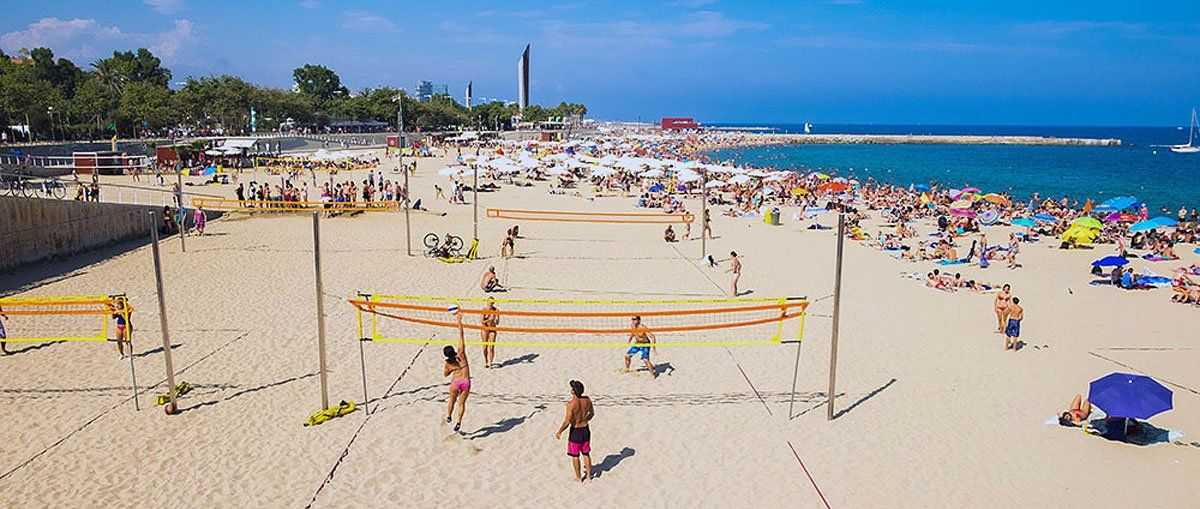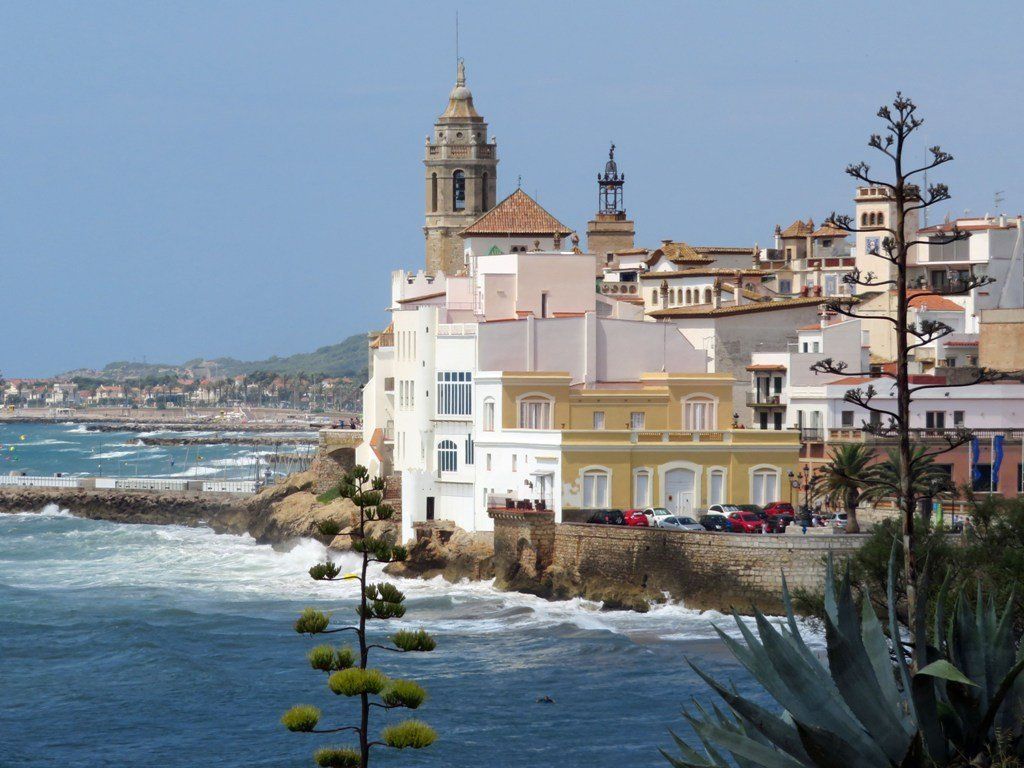
Sitges, a city about 35 kilometres south- west of Barcelona, is a very popular tourist destination. It is known worldwide for its beaches, nightspots and historical sites, as well as its annual Film Festival and Carnival. Many expatriate families live in Sitges’ residential districts of Vallpineda, La Levantina, Quint Mar and Rocamar. "Sitges" brand "Who doesn't know Sitges? Its Punta, the sweet Sirena, its beaches? Its visitors will not be indifferent to the values that this town exports; it must be that it has its own personality." Sitges has a tourist brand positioned in the European market that makes it known as a destination throughout the year, which is why it will not be uncommon to find a permanent floating population of visitors during all months. Congress villa The segment of visitors who find in Sitges spaces and resources for the organization of conferences, business meetings and all kinds of celebrations is quite significant and many of the hotels offer large rooms and fully equipped auditoriums. Culture and beach tourism Sitges is synonymous with culture and is synonymous with sun and beach. The cultural movements of the last century have left a magnificent architectural, pictorial, etc. legacy. which is one of the goals of visitors. Walking along Carrer d'en Bosc guessing the old walls of Sitges Castle and then going up to Racó de la Calma to end up visiting what had been the house-workshop of the universal painter Santiago Rusiñol, is surely one of the most valuable short itineraries of the cultural offer. At the same time, the Sitges coastline offers a few kilometers of beaches and coves that are the delight of many visitors in the summer months. From Les Botigues or Garraf beach to Cala de l'Home mort, from north to south, we have a wide range of beaches with the most diverse locations and panoramic views. Hotels and restaurants Spending Sitges nights in any of the hotels or restaurants in front of the Passeig de la Ribera will be one of the luxuries to remember, but it will be in almost all the establishments in the town where we can get a good impression and a good meal! Special mention given the large and varied offer of nightclubs, including terraces, bars and nightclubs, some of them atmospheric. You will almost have to go down Carrer del Pecat to get an idea of the "move". The shops The commercial offer has its own personality with an abundance of family businesses and establishments of small firms, many dedicated to fashion, and which form a central pedestrian axis that crosses much of the town.

Barcelona is a diverse and multicultural city with a large and active expatriate community of 150 different nationalities. Around 18% of the city’s population is composed of its thriving foreign commu- nity. Barcelona’s openness and hospitality attract people from all over the world, many of whom decide to stay. This is thanks to the city’s cosmopolitan atmosphere and the exceptional quality of life and outstanding career opportunities it offers. One way to get involved in the international community is to join one of the many expatriate clubs and organisations that have been formed in Barcelona. These associations regularly organize a wide variety of events for both social interaction and business networking. These events and activities can connect you with fellow expatriates who can give you information and tips about life in your new home. Chambers of commerce organise seminars and conferences and provide busi- ness people with networking opportunities. Social groups, networking sites and forums are widely available on the Internet. They offer help and information in English and other languages, as well as opportunities to meet new people.
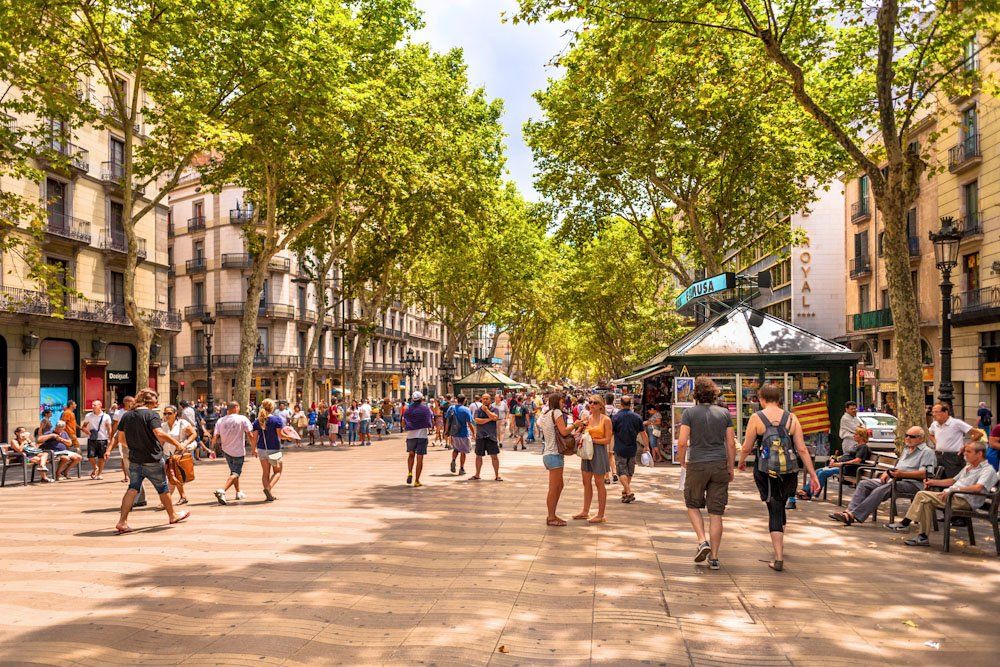
The standard address format begins with the street name and number, followed by the floor number and the flat or unit number. For example, the address Carrer d’Aragó 137, 2N 3r corresponds to flat number 3 on the second floor of building 137 on Aragó street. In Spain, the ground floor is either marked 0 or PB (planta baja in Spanish and planta baixa in Catalan). Ground-floor flats are usually called bajos in Spanish and baixos in Catalan, often abbreviated bjos/bxs. Some buildings also have a mezzanine (entresuelo or entresòl, entl), which is one floor up from the ground floor. One floor above this is the principal (pral). Successive floors are then marked 1, 2, etc. Negative numbers are used for floors below ground. The topmost floor is commonly called an ático in Spanish and àtic in Catalan.
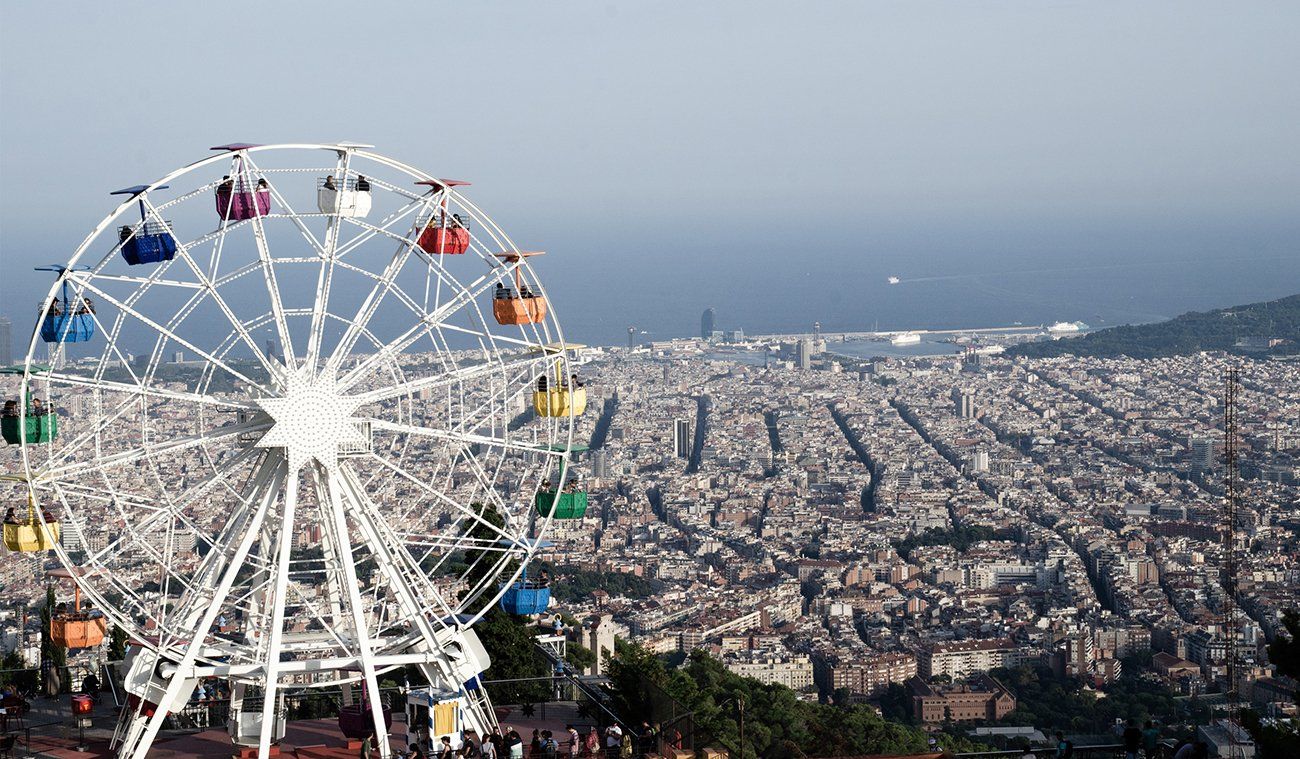
Spain has both public and religious holidays. Some are celebrated nationwide while others are celebrated only in Catalonia or in Barcelona. 1 January — Any Nou* / New Year’s Day 6 January — Dia de Reis* / Epiphany March-April (movable) — Divendres Sant* / Good Friday March-April (movable) — Dilluns de Pasqua**/ Easter Monday 1 May — Dia del Treball* / Labour Day May (movable) — Pasqua Granada*** / Pentecost Monday 24 June — Sant Joan** / Feast Day of St. John 15 August — L’Assumpció* / The Assumption 11 September — Diada Nacional de Catalunya**/ Catalan National Day 24 September — Festa de la Mercè*** / La Mercè Festival 12 October — Dia de la Hispanitat* / Span- ish National Day 1 November — Tots Sants* / All Saints’ Day 6 December — Dia de la Constitució* / Constitution Day 8 December — La Immaculada* / Immacu- late Conception 25 December — Nadal* / Christmas Day 26 December — Sant Esteve** / Feast Day of St. Stephen * National holiday ** Regional holiday (Catalonia only) *** Local holiday (Barcelona only)
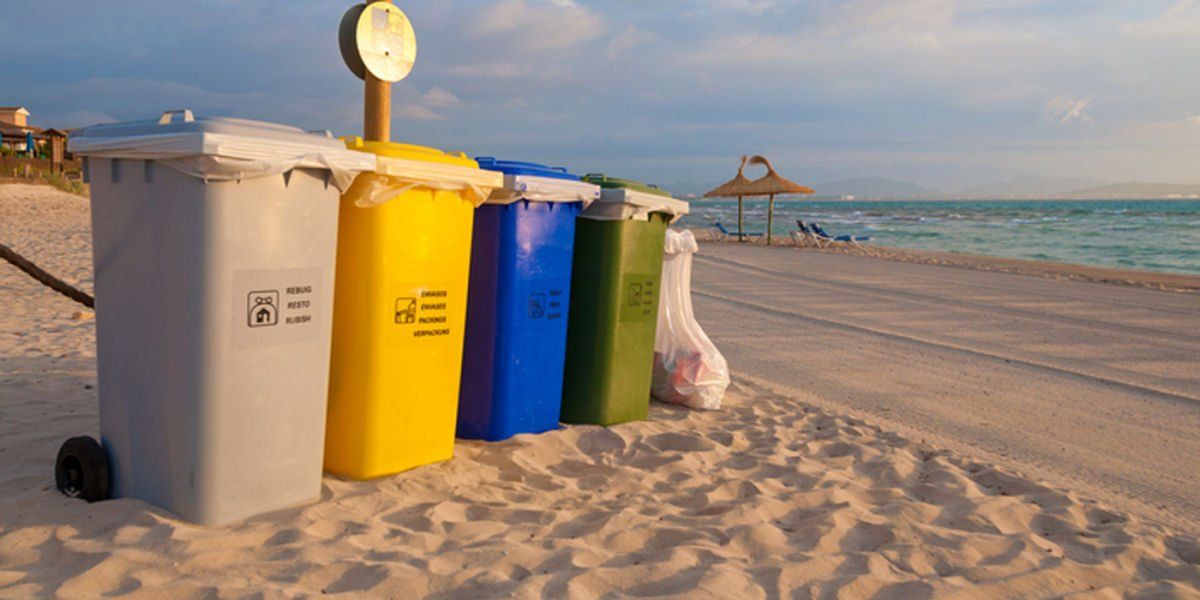
Bins sited throughout the city enable easy and accessible separate waste collection. There are bins for organic waste (brown), glass (green), packaging, plastic and cans (yellow), cardboard and paper (blue) and other waste (grey). Waste separation is rounded off with a number of green point recycling centres (perma- nent facilities in each district and mobile ones). Other types of waste require specific handling: furniture and junk are collected from the street one day a week, depending on the street, while the city also has special bins for used cloth- ing and collection systems for debris and asbestos cement. Barcelona currently has three different types of waste collection: - Bin system, the most widespread in the city’s various neighbourhoods - Pneumatic system, cleaner and used in Gràcia, Vila Olímpica and Diagonal Mar - Door to door system, especially in the historic centre as their streets are too narrow for bins and rubbish collection vehicles.
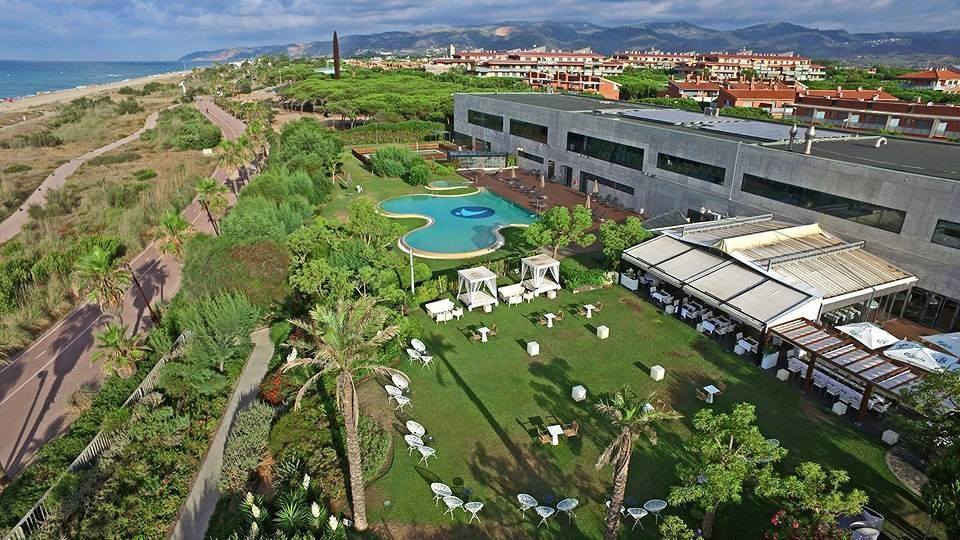
The history of Castelldefels can be traced back to the year 911. Its castle was built in the Middle Ages, as well as the towers of the original city wall, which can be found today in the city centre. Castelldefels is 20 minutes away from the city centre and 10 minutes from the airport, taking either the C-246 or the A-16 motorways. The public transporta tion system is excellent, with both buses and trains to Barcelona leaving every 20 minutes from several locations throughout the area. Bordered by a mile-long sandy beach to the east and hills to the west, Castelldefels has a mild climate. A favourite spot for tourists, it has many restaurants serving a variety of cuisines and a number of good hotels. Castelldefels is attractive to people who like living near the sea and to families whose children go to the British school and french Bon Soleil, which are located in the area.
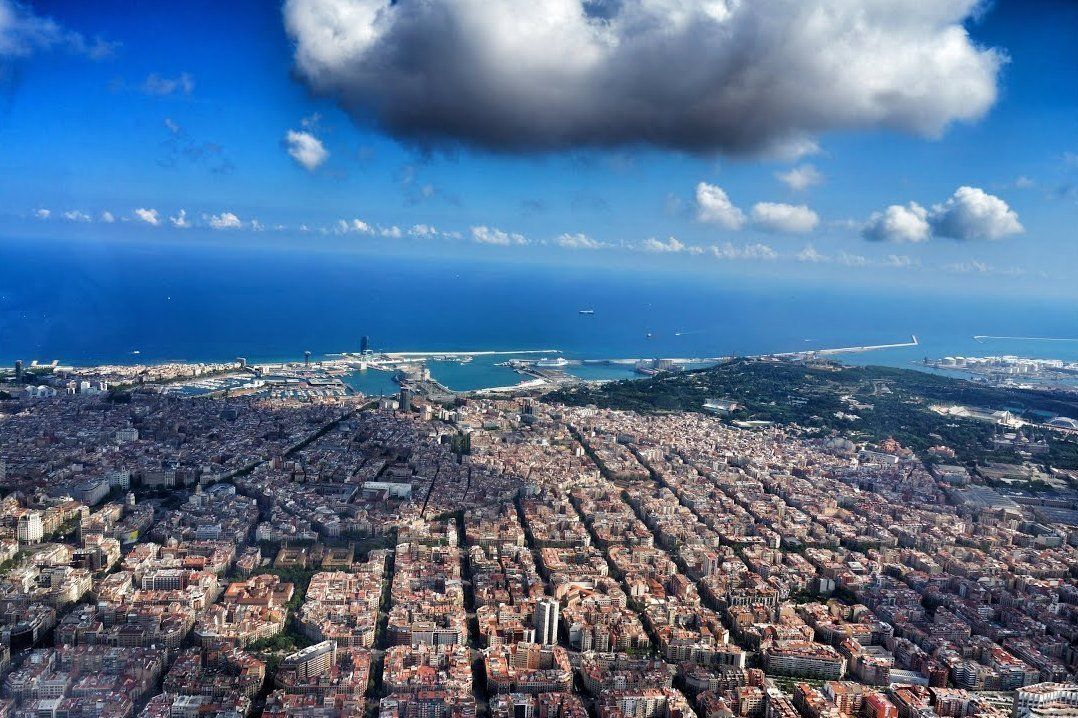
Barcelona is divided into ten administrative districts, each one with its own district coun- cil. These districts are Ciutat Vella, Eixample, Gracia, Horta-Guinardo, Les Corts, Nou Bar- ris, Sant Andreu, Sant Marti, Sants-Montjuic and Sarria-Sant Gervasi. These districts are subdivided into neighbourhoods or barris. The following is a brief overview of the most popular neighbourhoods of Barcelona.
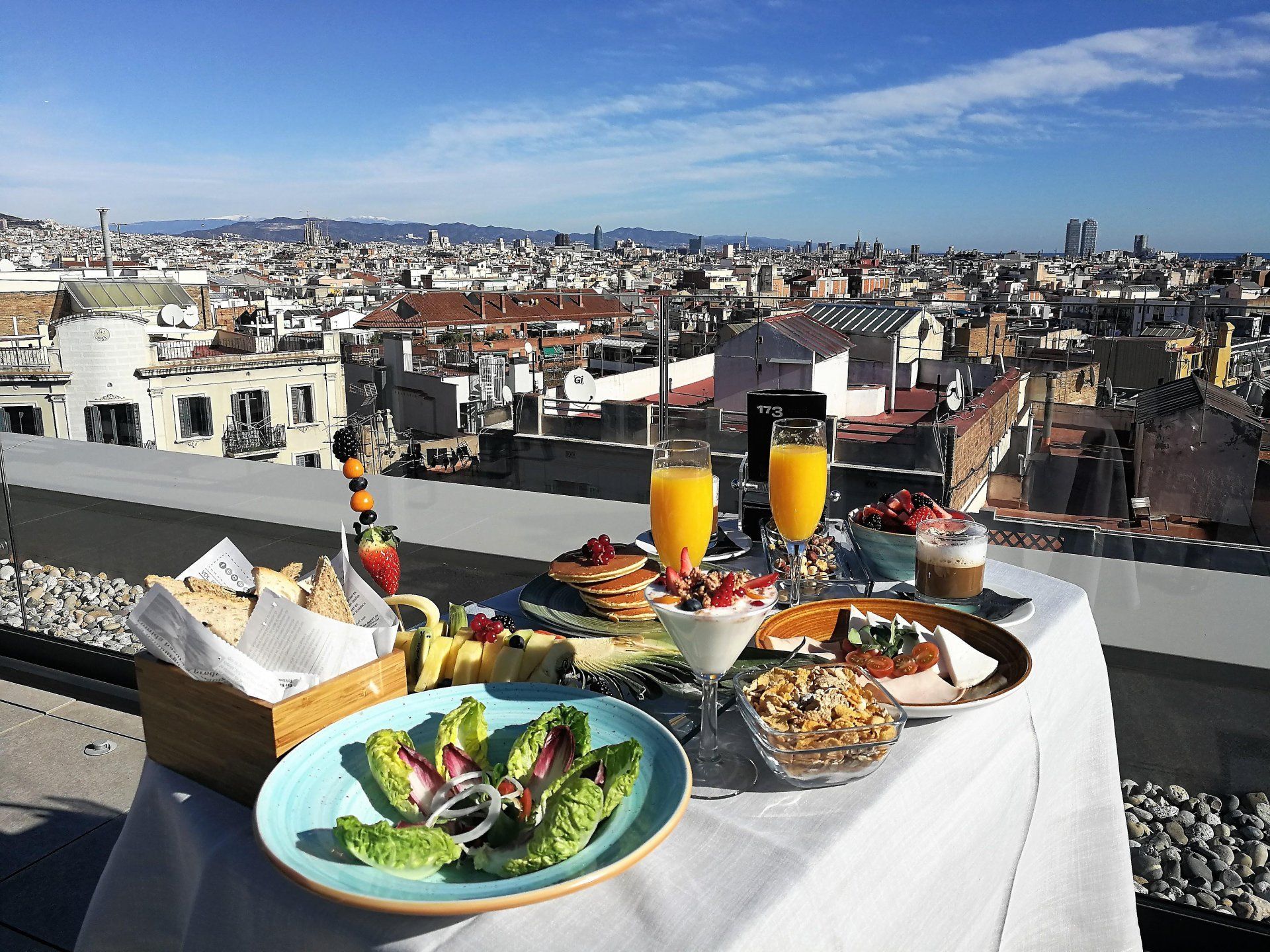
Newcomers who wish to book short-term accommodation in Barcelona to allow themselves time to search for a more permanent home will find a wealth of options in the city. However, Barcelona’s popularity as a destination for short breaks and the many international events regularly hosted by the city give it a hotel occupancy rate of 75-85%, one of the highest in Europe. It is therefore advisable that you arrange your short-term accommodation at least two to three months before your arrival, so you can have more choices and get cheaper rates.
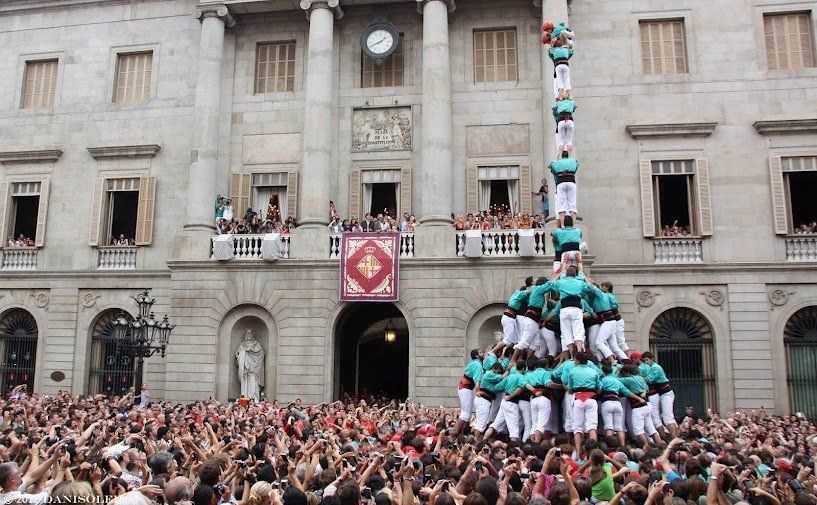
Catalan society has a long tradition of autonomy and cultural uniqueness. In Spain, the Catalan people are known for their motivation and commitment to work, values rooted in a strong mercantile tradition. They can also be perceived as serious and reserved, but this should never be interpreted as unfriendliness but rather a clearer division between professional and personal relationships. Catalans, serious as they are in business affairs, are at their most extroverted and lively when sur- rounded by family and friends. Catalans are Spanish in their vitality and zest for life, and for all the importance they place on hard work, they always put social and family life first. With just the right amount of respect and amiability, you will have no trouble at all finding pleasant colleagues, good neighbours and even lifelong friends among Barcelona’s locals. Barcelona is a multilingual city with two official languages. Here as in the rest of Catalonia, Spanish shares co-official status with Catalan, the language of Catalonia. The Catalan language is a cherished, indispensable part of Catalan identity and culture, and it will surely play an important role in your everyday life in Barcelona. Most locals, especially those living in urban areas such as Barcelona, can be consid- ered balanced bilinguals. This means that they can switch between Catalan and Spanish with little to no effort. In fact, many Catalans instinctively speak to foreigners in Spanish. In addition, a part of Barcelona’s population is composed of immigrants or descendants of immigrants from other parts of Spain who consider Spanish their mother tongue and home language. Spanish is widely used in Barce- lona, in the home, in the street and in the media, and if you speak the language you can communicate with the locals as soon as you arrive. The importance of the Catalan language in all areas of Catalan life is undeniable. A large number of Catalan families exclusively speak Catalan in the home and consider it their language of identity. Catalan is the language of instruction in schools in Catalonia, where Spanish and a foreign language, usually English, are also taught. In the region’s universities, although teach- ing is conducted in both Spanish and Catalan, the latter is adopted as institutional language and is thus used in administrative affairs. Local government bodies and institutions also conduct business in Catalan. In Barcelona and the rest of Catalonia, commercial signage is mostly in Catalan, and street, town and city names are always in this language. For anyone planning to live in Barcelona, learning at least a little Catalan is highly recommended. The good news is that Catalan, like Spanish, is a Romance language. Given the close proximity between these related lan- guages, if you speak Spanish (or French or Italian or any other language in the family) you are already one step ahead in learning Catalan. Apart from this, the Catalan gov- ernment and many of its universities and institutions offer free introductory courses as well as Internet learning resources. When you get to Barcelona or even before you arrive, there are a number of ways for you to learn Catalan. The presence of a regional language is just another feature that makes the cultural tapestry of Barcelona richer and more colourful. Knowledge of Catalan, though by no means required, will make your inte- gration into Catalan society easier. It can also open new doors in your professional, business, social and personal life, enrich your living experience in Barcelona, and enable you to enjoy a rich, diverse cultural and leisure offering that reflects the city’s two-thousand-year old history.




